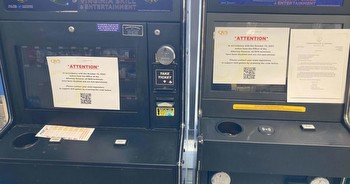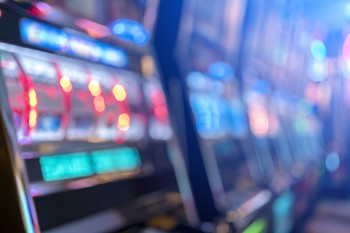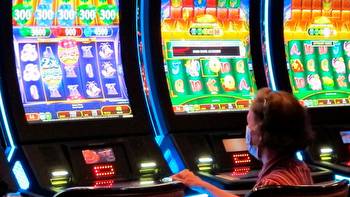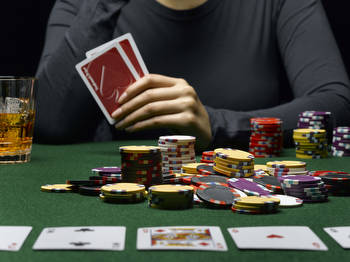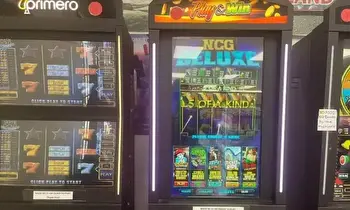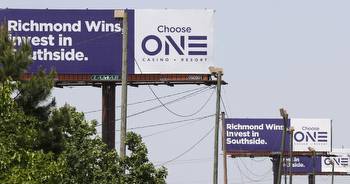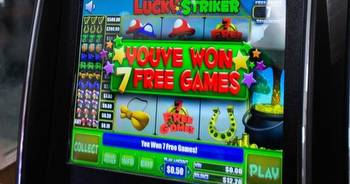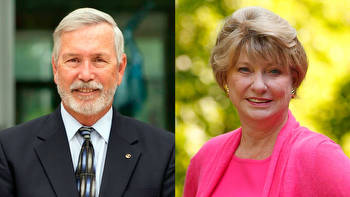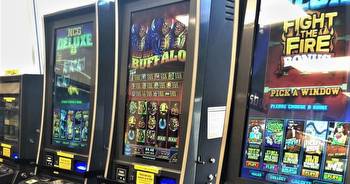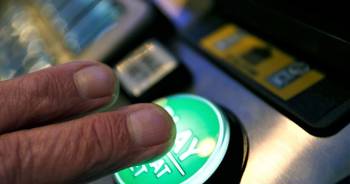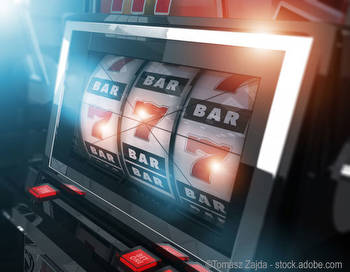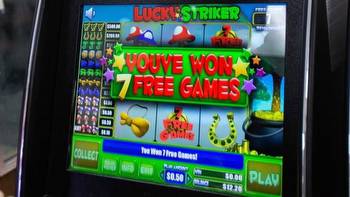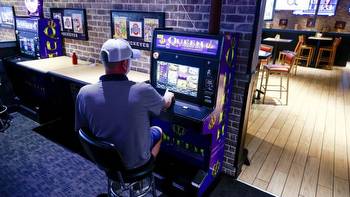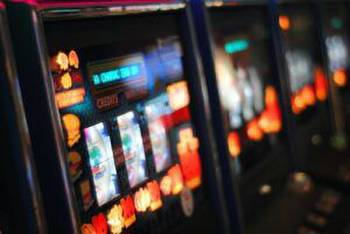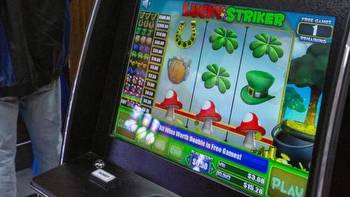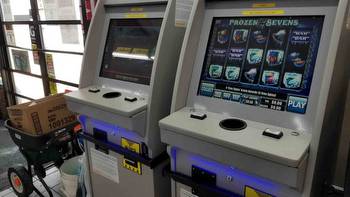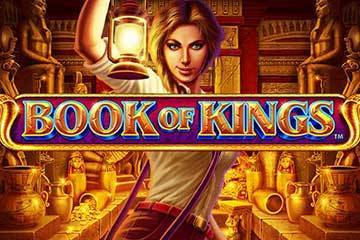Virginia: Lawmakers seek to legalize slots-like skill games
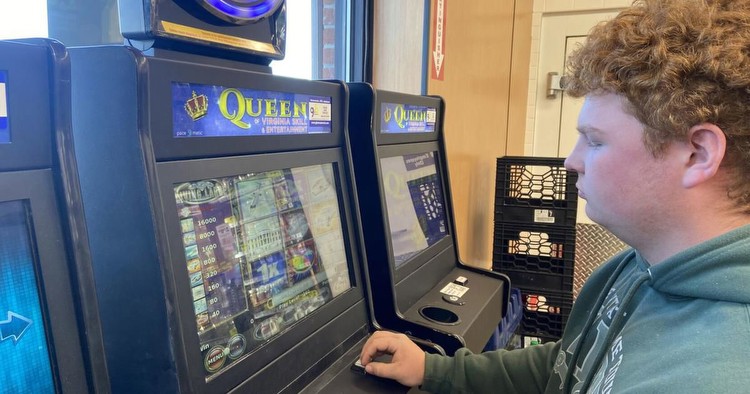
The General Assemblybanned the games in 2020, but a court injunction froze enforcement until late last year.
Such games have been an important source of income for convenience stores, restaurants and truck stops, especially during the pandemic.
“To me, this is a small-business issue,” said state Sen. Aaron Rouse, D-Virginia Beach, one of the bill’s three sponsors.
“They have been a lifeline,” said Kunal Kumar, of the Virginia Asian American Store Owner Association and president of Pooja Group, which owns convenience stores, a restaurant and real estate holdings.
Skill games are electronic consoles that look like slot machines but for which payouts are not strictly a matter of chance, because they involve what is usually a small action by the bettor — as in pushing the right button — for a win.
The bill would have the state Alcoholic Beverage Control Authority regulate and tax the machines.
Operators, who would pay an initial fee of $100,000 to be licensed, would be required to report the total sums wagered and total prizes paid for each machine every month.
The stores, restaurants and truck stops hosting the machines would pay an initial license fee of $250. Stores and restaurants licensed by the ABC Authority would be allowed to have no more than five machines, and truck stops would be allowed to have up to 10.
“These games helped in keeping a lot of our stores open in Southwest Virginia,” said Del. Terry Kilgore, R-Scott, a supporter of the measure.
The bill states it would be illegal for minors to play the devices.
Rich Kelly, owner of Hard Times Cafés in Northern Virginia and president of a small-business group lobbying for the bill, said the stores and restaurants hosting the machines and which get a share of the revenue from them are already enforcing laws banning sales of alcohol and tobacco to minors. He said enforcing a ban on minors playing skill games would simply involve doing what stores already do.
But minors’ access could emerge as a sticking point for legislators.
“In my community, I walk into a 7-Eleven and just see a line of high school kids playing these machines,” said Del. Marcia “Cia” Price, D-Newport News, a senior member of the House General Laws committee, which would consider the bill if the Senate approves.
She said she’s concerned about how stores will be able to keep young people from using the devices and added that she feels they target people in lower- and moderate-income communities.
The bill would levy a 15% tax on the games’ gross revenue, with some 55% going to the state general fund, 2% going to the Problem Gambling Treatment and Support Fund, 4% to the ABC to enforce the law, 15% to the localities in which the devices are located, 2% to the state Compensation Board for law enforcement salaries, 2% to the Virginia State Police Office of the Gaming Enforcement Coordinator, 10% to the school construction fund and 10% for public school funding.
Sen. Louise Lucas, D-Portsmouth, new chair of the Senate Finance and Appropriations Committee and another sponsor of the bill, said the tax would generate $200 million in revenue for the state. She had voted for the ban in 2020, but added that what she has heard from small-business owners convinced her to support legalization.
“I’m the chair of Senate Finance and Appropriations ... I think I can convince people sitting on the fence to get off the fence,” she said.








